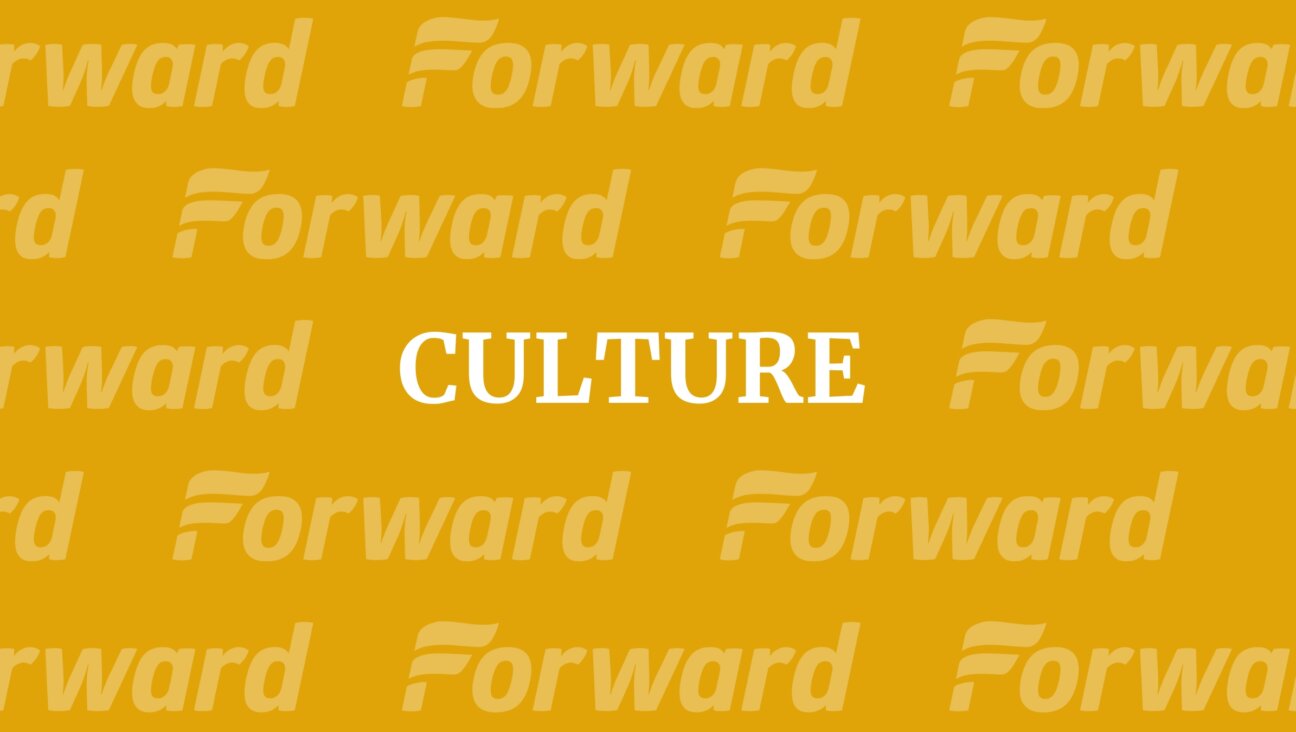Lauren Greenberg
By Lauren Greenberg
-

Recipes Fire-Roasted Eggplant for Lag Ba’Omer
Growing up, the only thing that Lag Ba’Omer signified was a time for bonfires. In the New York suburbs the closet we got was barbeques, which for me meant an opportunity to eat watermelon. Barbeques were never particularly exciting to me, and when I got older and became a vegetarian, they held even less appeal….
-

Food Is Compost Part of the Problem?
After spending this past summer working on an organic farm I became enamored with composting. It is a way of giving old food new life and it’s the great equalizer of all food – whether delicious or not, healthful or not, expensive or not, or organic or not, it all decomposes and becomes part of…
-

Food When Etrogs are Exclusive
Sukkot has traditionally been one of the easiest Jewish holidays to relate to current environmental concerns. The ritual of voluntarily “living” or eating meals in temporary, intentionally fragile huts reminds us of the cycles of the earth by placing us in physical contact with the elements. Putting up and decorating a sukkah to make it…
Most Popular
- 1

News No Jews allowed: White supremacists are building a segregated community in Arkansas, but is it legal?
- 2

News Zohran Mamdani has represented Astoria’s Jews for 4 years. What do they think of him?
- 3

News Curtis Sliwa has a plan to beat Zohran Mamdani in NYC mayor’s race — and it starts with apologizing to Jews
- 4

Culture Barbra Streisand’s brand-new duet with Bob Dylan is a whole lot different than you might think
In Case You Missed It
-

Opinion Right-wing insurrectionists tried to topple the German government in 1920 — it’s happening again in Trump’s America
-

Theater Can a kinky new Yiddish musical resurrect a lost art — and one man who got spanked to death?
-

Fast Forward Josh Shapiro’s Judaism was not why Kamala Harris snubbed him, new book claims
-

Yiddish דאָקטוירים פֿון אַן אַנדער שניטDoctors of a different sort
די ווילנער דאָקטוירים יעקבֿ וויגאָדסקי און צמח שאַבאַד זענען אויך געווען געזעלשאַפֿטלעכע טוער.
-
Shop the Forward Store
100% of profits support our journalism







